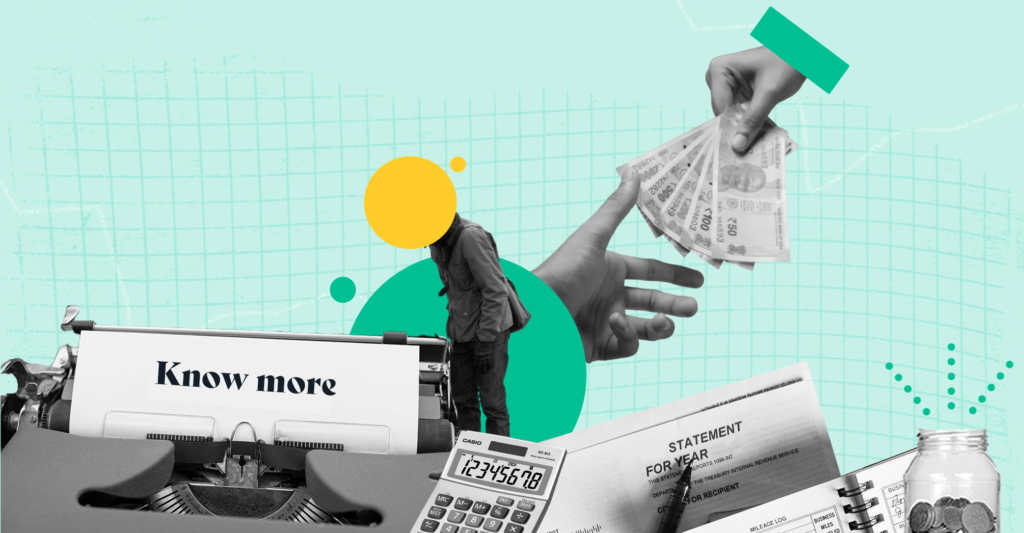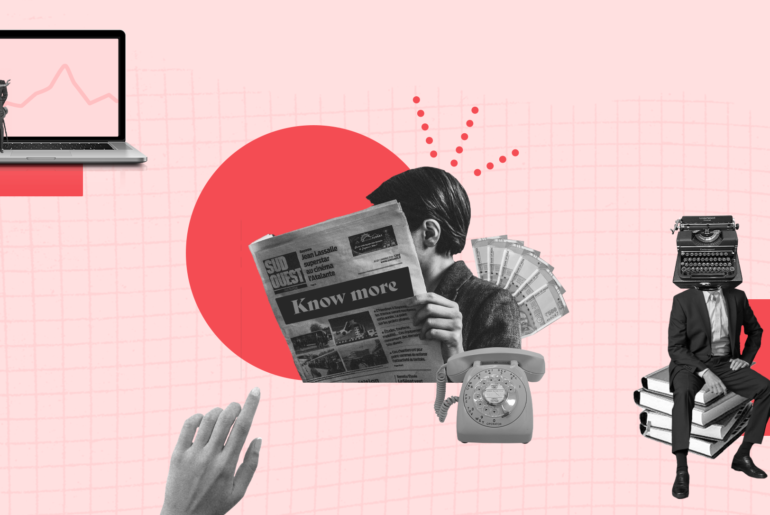Last Updated on May 25, 2022 by Neera Bhardwaj
If you are thinking of applying for a credit card, it is most likely because of one of these reasons – One is that you are tempted by repeated offers for pre-approved cards. Two is that you have experienced that you could use access to more money than you have in your account on some occasions. Some people also get credit cards as a travel document, and a small section of people avail of credit cards because of the discounts they bring to the table for big spenders.
Credit card applicants today are savvy and do their research. In all likelihood, you, too, plan to make a little bit of reading and comparison before you settle on a certain credit card. We have just the checklist that can enable you to go about your research more efficiently.
Here are 10 facts that you must know about credit cards (and the card you are applying for) before you apply.
Table of Contents
Facts related to card approval
Your approval is linked to your income
The lender (in this case, the bank offering you a credit card) needs some level of assurance that the borrower (you) will make timely payments of the principal amounts (the amount you swipe), interest, fees and charges.
Being a salaried individual with payslips to prove your monthly income goes a long way in helping you get a credit card. However, even if you are not a salaried individual but can supply proof of any other stable income, you could still be granted a credit card.
Card approval is based on your credit history/CIBIL score
Most card issuers look for a CIBIL score that exceeds 750 to extend a credit facility to a customer. This score is linked to whether you have settled prior debts on time. It is also impacted by your credit utilisation, which we will address in more detail in point number 8.
You can check your credit score on the CIBIL website for a small charge. The bank’s hard inquiry and any subsequent rejection of your request might negatively impact your credit score.
Pre-approved does not mean approved
Pre-approved simply means that you have passed some nominal, preliminary screening process (like maybe you made a large purchase), but you still need to go through the actual approval process. The lender still needs to vet your application and decide whether you are creditworthy. Pre-approval is no guarantee that you will actually get a card.
Facts related to card choice
Purpose of having the card
Credit card companies have tremendously diversified their credit card offering to effectively target a wider audience of cardholders and drive more value to you. They tie up with airlines and retailers, petrol stations, multiplexes, medical institutions, and other companies that attract frequent or heavy spending. The tie-ups allow card issuers to extend discounts to cardholders.
Be clear on the purpose of your card so that you can choose the right card and evaluate the benefits thoroughly.
Fees and charges that you will need to pay
Be aware of the fees and charges applicable on the credit card that you intend to apply for. Even if the card comes with fantastic benefits, ensure that the charges are not equal to or over the rupee value of the benefits that you will actually use.
Some cards will give you the first year complimentary, and you need to pay for the following years. Other cards do not ask you to pay any fees, provided you swipe your card for above a certain predetermined amount.
Facts related to credit cards in general
How interest is calculated
Did you know that you need not pay interest on your credit card? And if you knew that, did you know that you can also end up paying interest on interest (or compound interest) on your credit card?
If you pay your dues by your credit card deadline, you simply pay what you spent and no more – no interest whatsoever. For example, if you purchased a laptop for Rs 45,000, you pay only Rs 45,000, as long as you settle your dues by the free credit period. This is usually about 20 days from the day your credit card bill date.
However, for every day you do not pay your dues after that, you end up paying interest. This is true even if you are diligently paying the “minimum amount due.” You need to pay this amount to keep your card active, but you are still paying interest on the rest.
Let’s say you pay only Rs. 15,000 of the Rs. 45,000 swiped for your laptop, and your interest rate is 20%. You now owe Rs. 30,000 (outstanding) + Rs. 6,000 (interest) and the following month interest will be calculated on Rs. 36,000, not on Rs. 30,000.
Penalties
Over and above all that compound interest, if you worsen matters by also paying credit card bills late or by missing payments, you need to pay penalties (in the form of an even higher rate of interest on the outstanding amount). It can be as high as 30% on the outstanding amount. And yes, interest is indeed charged on unpaid penalties.
Credit utilisation
Credit utilisation refers to the amount you actually spend per month against your monthly limit. If you spend Rs. 50,000 of your Rs. 2,00,000 spending limit, you have a low credit utilisation. Although it might seem like the lender gives you a high limit for you to use it, high credit utilisation actually negatively impacts your credit score. With this in mind, you may want to select a card with a far higher limit than what you are likely to use if such an offer is being extended to you.
EMI facility
Today EMI Cards are promoting themselves aggressively as a source of credit that lets you break down big purchases into smaller, bite-sized, pocket-friendly monthly instalments. Some credit cards also offer this facility on selected purchases or on a portion of your monthly outstanding. Alternatively, some banks will reach out after you make a substantial purchase to offer you the option of paying on EMI. When this offer is extended to you, it typically refers to no-cost EMI, which means you do not pay interest on the outstanding amount linked to the EMI purchase.
You might be able to get a credit card against a fixed deposit
If you have never had any debts such as a credit card or a loan before, you might not have a CIBIL score and may need to develop one. An option that some credit card seekers explore is to opt for a credit card against a fixed deposit or a recurring deposit.
Conclusion
Your credit card can be more of a burden than a convenience if you do not know how interest and penalties work. Before it even comes to that, you might end up disappointed if your application is rejected or if you make the incorrect choice. Keep your checklist handy to make the correct choice for your needs and keep your financial burden at the bare minimum.
- How To Declare Mutual Funds in ITR & Disclose Capital Gains in India? - Jun 6, 2025
- How To Sell or Exit Your Mutual Funds in India? - Jun 6, 2025
- Fund of Funds (FOF): Meaning, Types & Advantages - May 13, 2025





